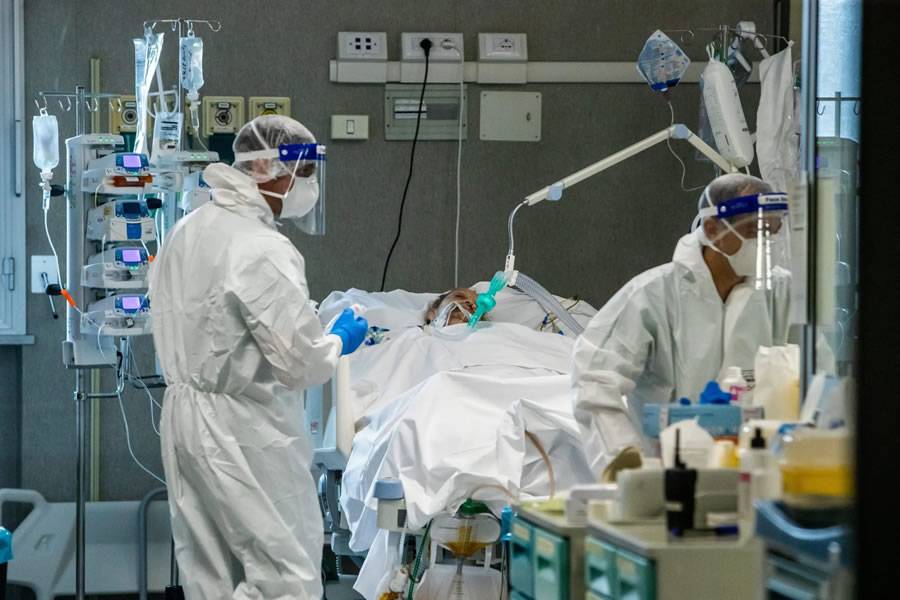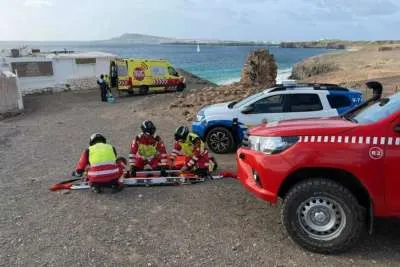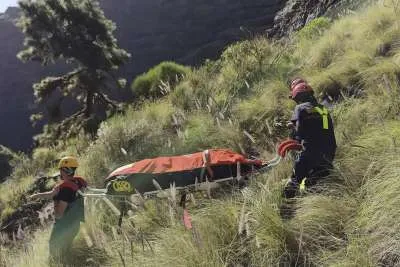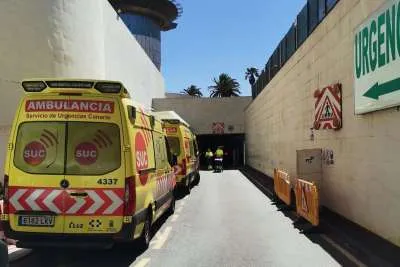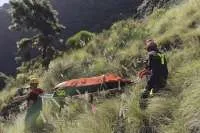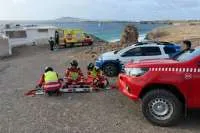Spain is entering 7th wave of Covid but virus now affects people differently
- 25-06-2022
- Health
- Ministry of Health
As the Canary Islands see an increase in cases of coronavirus and have had the second-highest number of new infections in the last week in the whole of Spain, almost 6,000 and only Madrid have had more, the country is said to be entering the seventh wave of Covid all be it with less virulent variants and a change in how it affects people according to a new national study called 'Clinical and epidemiological characteristics of patients hospitalized for Covid-19 in Spain'.
The Ministry of Health explains that it is not a surprise that officially a ‘new wave’ is being experienced due to reduced restrictions and big events and carnivals, however, the symptoms of the people most affected by Covid have changed significantly in the last six months and they are no longer linked to bilateral pneumonia, which was common in the first waves of Covid.
This change can be seen in the fact that the intensive care units are less saturated, however, the volume of admissions in conventional beds by Covid patients continues to be high.
In the first waves, the serious symptoms were largely due to the inflammatory phenomenon caused by the virus, which worsened with the formation of blood clots and Thrombopathy.
Now, severe cases are often different. They are more related to what can happen with an infection caused by any virus such as the flu. The infection decompensates chronic pathologies and intensifies previous illnesses, which is why these serious patients are characterized by having an already precarious health status.
In fact, half of the people admitted for Covid are over 80 years old and, among those hospitalized with the infection, immunosuppressed people stand out, as they are more likely to develop severe Covid.
Regarding the vaccination profile of those hospitalized, practically all of them have been vaccinated against covid, but their age and illnesses mean they have poor immunity. Due to this, the vaccines are less effective and they become more likely to contract the virus which is why a fourth dose is essential in those over 80 years of age, especially as it has contributed to reducing deaths and admissions to the ICU, literally saving lives.
The rise in infections in the last week has begun to be seen in healthcare pressure, the main criterion for determining the level of epidemic risk. However, the islands still maintain the same levels of health alert as last week after the update of the Covid traffic light on Thursday, with Gran Canaria still at medium risk and all the other islands at low risk.
The occupancy of conventional hospital beds occupied by Covid patients has risen by 14% in the last week, which has forced the risk level of the occupation of conventional beds to be raised to medium for the Canary Islands as a whole.
Other articles that may interest you...
Trending
Most Read Articles
Featured Videos
TributoFest: Michael Buble promo 14.02.2026
- 30-01-2026
TEAs 2025 Highlights
- 17-11-2025


